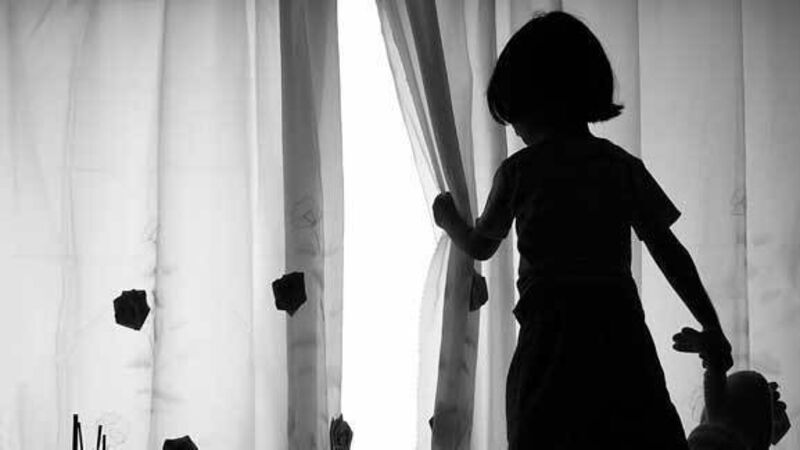Bill to restore birth certs for illegally adopted

Thousands of people illegally adopted in decades past would have their original birth status confirmed under a bill from Labour’s Joan Burton.
Amid some concerns about the bill’s intention, Ms Burton said it is seeking to allow those adults who were adopted to “regularise” their status and get access to records on who they really are.













